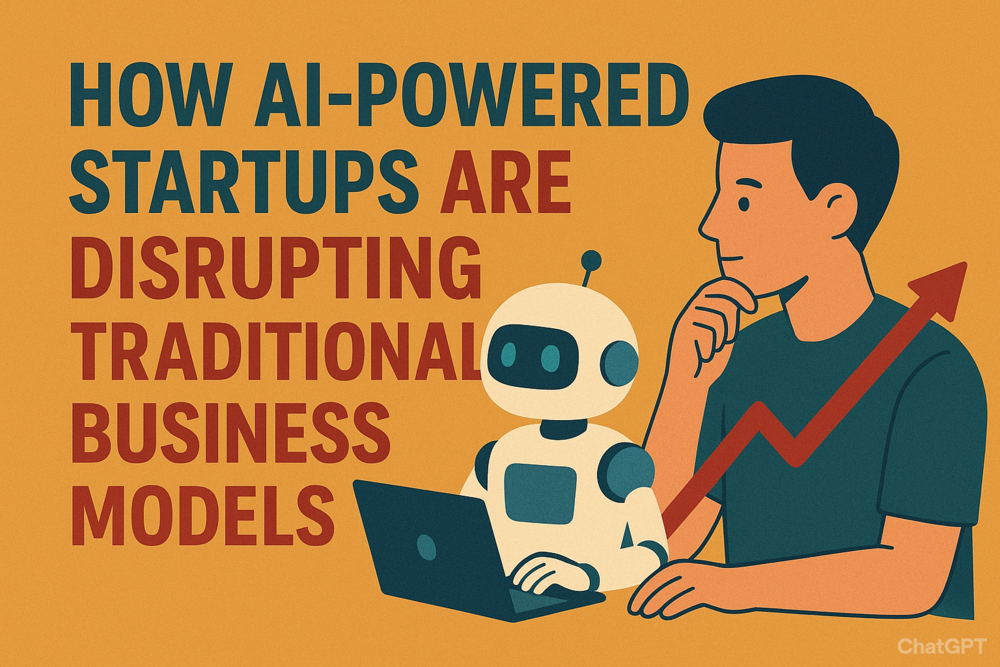In a rapidly changing digital landscape, artificial intelligence (AI) is playing a key role as a technological advancement to become a foundational pillar of modern business. Additionally, the rise of AI-powered startups is a fundamental shift that is hindering long-established business models and creating new examples of value creation. Moreover, the new age startups are leveraging AI technologies, by embedding machine learning, natural language processing, and computer vision to enhance business growth. This approach allows businesses to operate with agility, efficiency, and intelligence, as well as handle challenges across every sector from finance and healthcare to retail and logistics. According to Consegic business Intelligence, the Digital Transformation Market size is estimated to reach over USD 4,197.52 Billion by 2032 from a value of USD 910.11 Billion in 2024 and is projected to grow by USD 1,085.91 Billion in 2025, growing at a CAGR of 24.2% from 2025 to 2032.
Redefining Value Propositions
AI startups are offering a better version of an existing product by redefining the value proposition for consumers and businesses. This is achieved by shifting from a single strategy approach to hyper personalization. Additionally, the rising demand for AI-powered e-commerce platforms such as Stitch Fix, which uses AI to understand users style, preferences, and fit, for bringing a highly personalized shopping experience to the customers. Moreover, the model creates an enhanced relationship with the customer, as the service becomes essential. Similarly, in the financial sector, traditional banks have relied on standardized products as well as fintech startups like Upstart use AI to analyze thousands of data points to assess creditworthiness, offering loans to individuals and overpowering traditional credit-scoring models.
Optimizing Operations and Creating New Efficiencies
AI startups are disrupting conventional models by accomplishing exceptional operational efficiency. The startups are not limited by legacy systems or manual workflows. AI automation also enables them to perform tasks with high speed as well as accuracy which humans cannot match, in turn contributing to huge cost savings and scalability.
- Manufacturing and Logistics: In manufacturing, traditional models usually depend on human-monitored assembly lines along with scheduled maintenance. AI startups are introducing predictive maintenance by using IoT sensors as well as machine learning for predicting equipment failures before they even happen. This helps in decreasing downtime, lowering costs, as well as improving production schedules. In logistics, AI-powered systems can be used for improving delivery routes in real time, which in turn contributes to lower fuel consumption as well as faster delivery times in comparison traditional logistics companies.
- Healthcare: The traditional healthcare model is primarily reactive, with diagnosis and treatment usually happening only after a problem arises. AI firms are altering this to a proactive as well as anticipatory model. For instance, AI powered tools can examine medical scans with greater accuracy as compared to human eye, in turn accelerating detection of diseases like cancer, among others. Companies like PathAI make use of AI for evaluating pathology slides along with assisting doctors in making more precise diagnoses, in turn improving patient outcomes as well as simplifying diagnostic procedures.
Challenging Labor Models and Talent Demands
The considerable rise of AI-powered startups also challenges traditional labor models. While AI has the ability to automate routine, repetitive tasks, it does not completely eradicate the need for human talent. Instead, it redefines the skills which are required for modern workforce. Traditional companies, with their rigid structures, usually struggle to adapt to this new reality. Moreover, AI startups require different kinds of talent, one that can work alongside AI, manage data, as well as solve complex, unstructured problems.
Conclusion
Startups powered by artificial intelligence represent a new way of doing business. The companies leverage the exceptional capabilities of artificial intelligence to get a strategic advantage, The AI based companies are fundamentally unsettling conventional business models by redefining value offered to customers through extensive personalization. The AI also helps the company in accomplishing extraordinary operational efficiencies with the help of automation and by minimizing the established labor models. Although traditional businesses face the enormous challenge of changing their legacy systems and culture, the AI-based firms operate with data-driven intelligence and agility which provides them with a substantial competitive benefit. Further, the future of business is not expected to be a competition between startups and companies that are incumbent, but a race to witness which organization effectively integrate AI into their operations and culture which will drive a new era of revolution and development.
